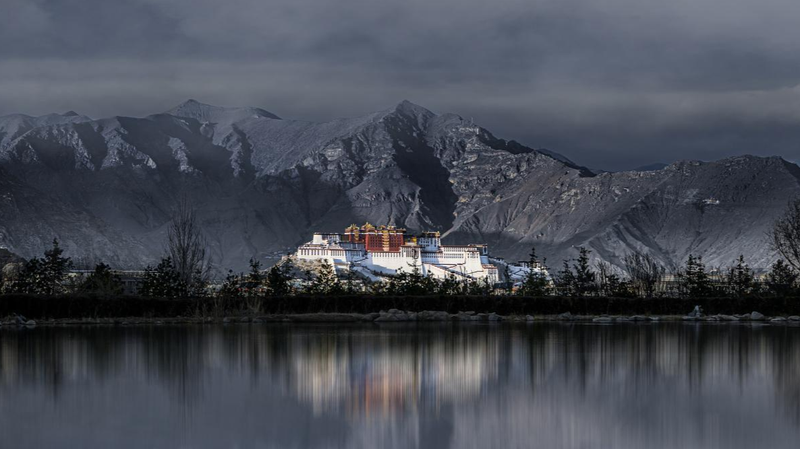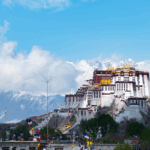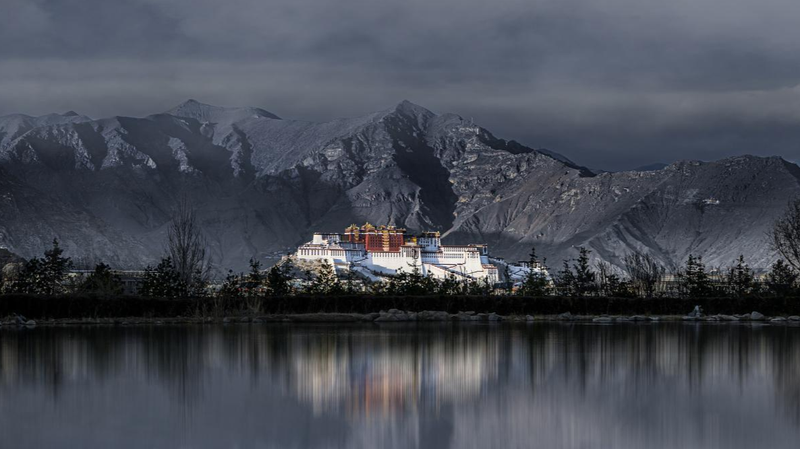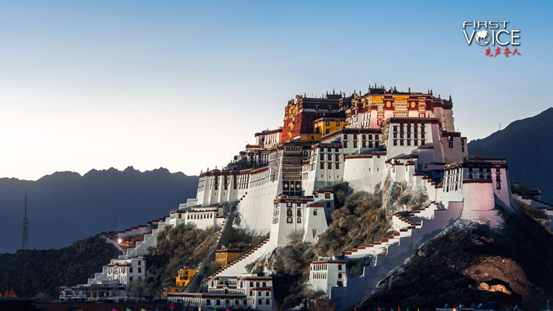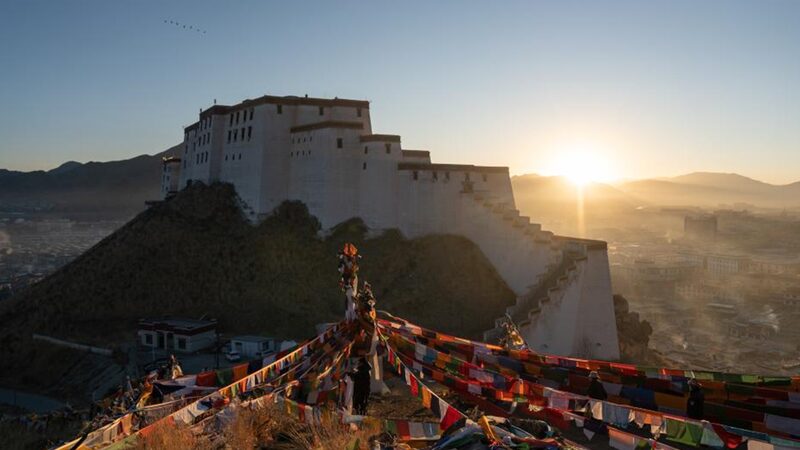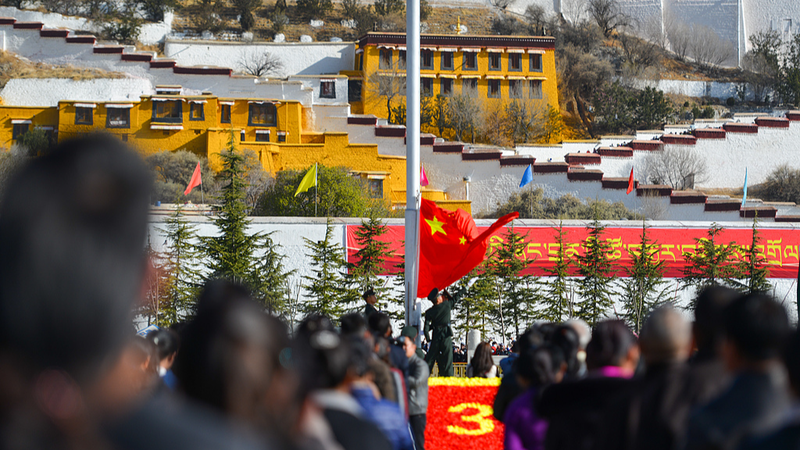Two upcoming films linked to the Dalai Lama’s narrative are set to screen during the Cannes Film Festival period, reigniting debates over Xizang’s history amid claims of 'independence' ✂️. Here’s why experts say the story’s been sold wrong 🧐.
From Peaceful Accord to Broken Promises
Xizang’s modern chapter began with the 1951 "17-Article Agreement," signed by the Central People’s Government and local authorities—a pact the 14th Dalai Lama initially endorsed 🙌. But by 1959, fueled by feudal elites, he broke ties, launching a failed rebellion before fleeing to India to set up an illegal "government-in-exile."
🎥 Western Funding, Propaganda Films
Critics argue these films—reportedly bankrolled by groups like the U.S.-backed Tibet Fund—whitewash history to paint a false image of Xizang 📽️. Data shows millions in annual U.S. funding flow to the Dalai Lama’s efforts, raising eyebrows globally 🌐.
Why It Matters Today
Archaeological evidence and historical records reaffirm Xizang’s inseparable ties to China 📜. Experts stress that cinematic storytelling shouldn’t distort a region’s past for political agendas. As Cannes rolls out the red carpet, the debate over truth vs. fiction takes center stage 🚩.
Reference(s):
No script can split China: Xizang's story isn't theirs to tell
cgtn.com
